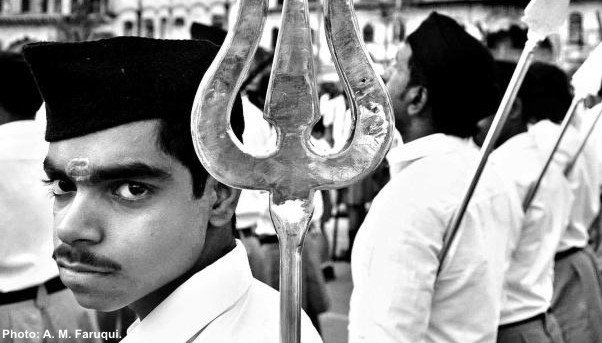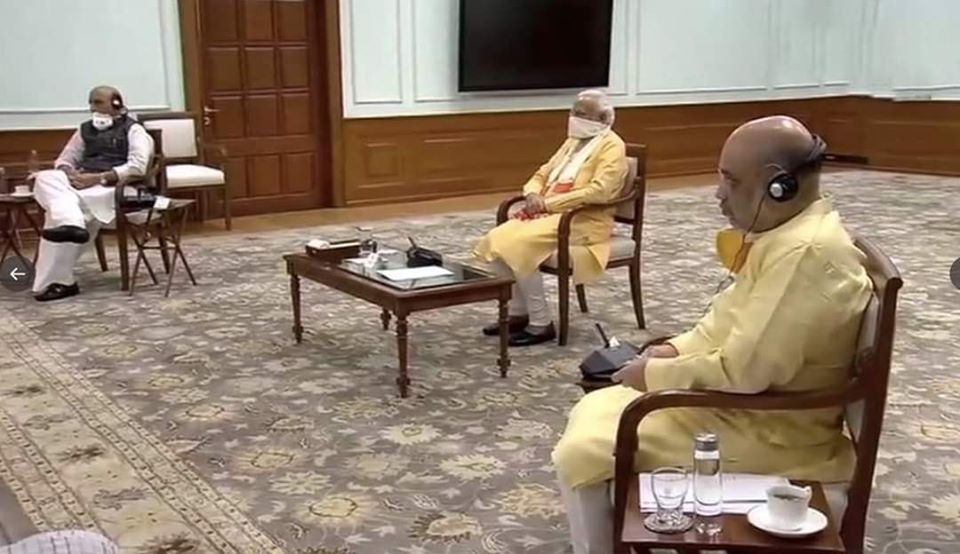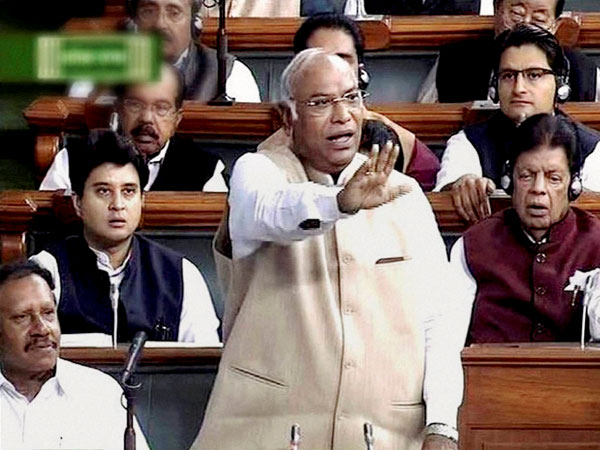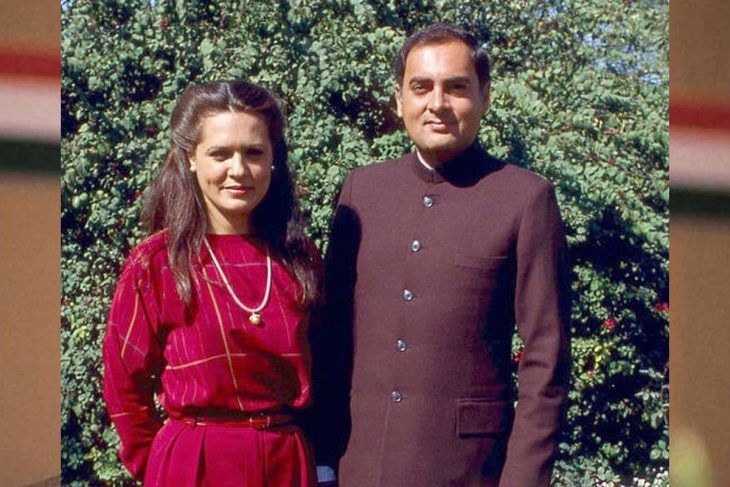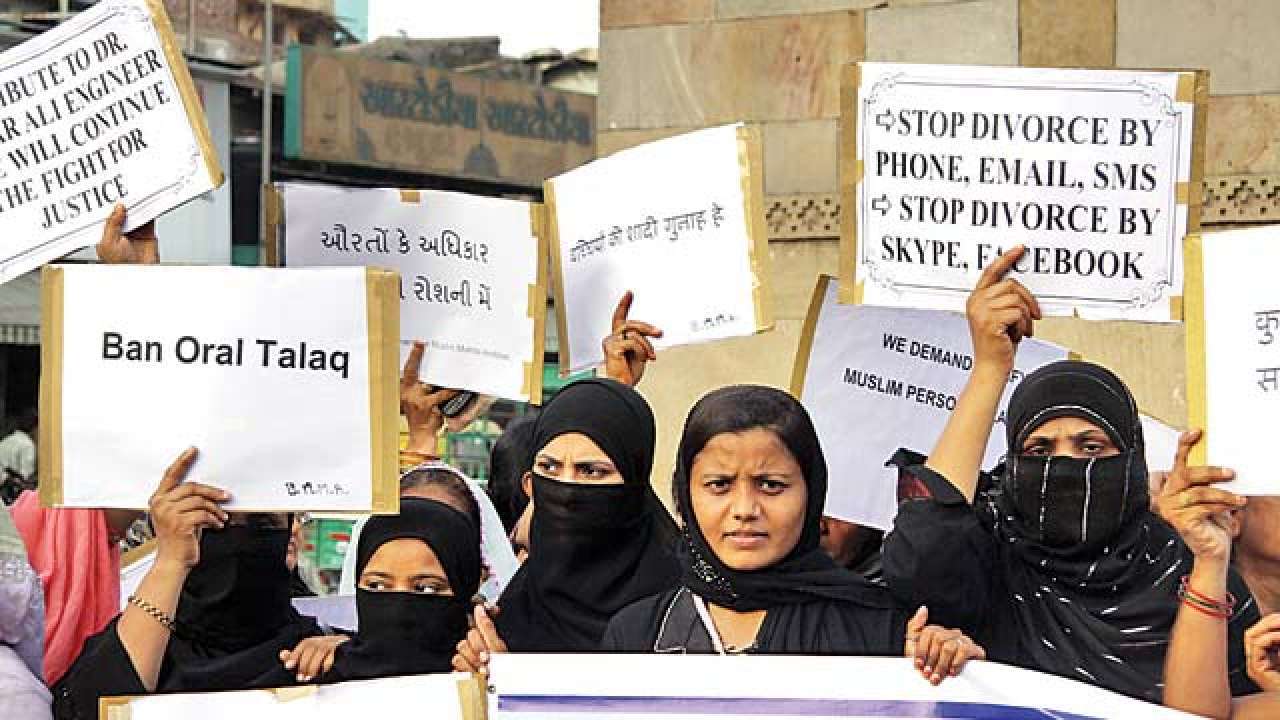The First time the RSS faced ban is during British rule in 1947 and then thrice during the post-independence Indian government
First in 1948 when a old RSS member Ramnath godse assassinated Mahatma Gandhi; Second during the emergency (1975–77); and for a third time after the demolition of Babri Masjid in 1992.
It is interesting to note in 1975 when the Indira Gandhi government proclaimed emergency rule in India, RSS, which was seen as being close to opposition leaders, and with its large organisational base was seen to have the capability of organising protests against the government, was also banned.
Deoras, the then chief of RSS, wrote letters to Indira Gandhi, promising her to extend the organisation’s co-operation in return for the lifting of the ban, asserting that RSS had no connection with the movement in Bihar and that in Gujarat.
He tried to persuade Vinoba Bhave to mediate between the RSS and the government and also sought the offices of Sanjay Gandhi, the Indira Gandhi’s son but all attempts did not impress Indira Gandhi and turned futile
Now it is important to note Rashtriya Swayamsevak Sangh present chief Bhagwat took up several questions on the last day of the three-day outreach conclave of the Sangh.
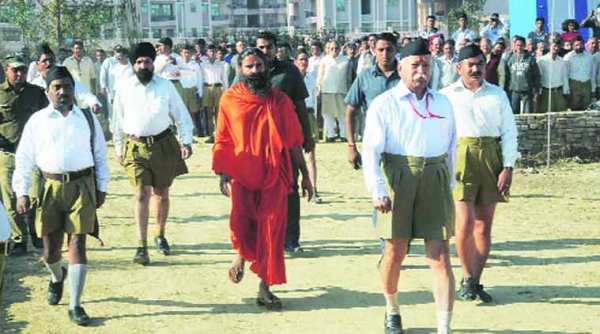
The session was also marked by an outreach to the Dalit community. Bhagwat spoke in support of reservations, stating the constitutional provision should end only if the demand comes from Scheduled Castes themselves, but said the politicisation of the reservation issue was a problem. He also supported the law to prevent atrocities on SCs and STs, but said it shouldn’t be misused.
The RSS chief didn’t mention either Prime Minister Narendra Modi or Bharatiya Janata Party president Amit Shah by name, or even the Congress party, but said expediency made politicians use such language as “shamshan-kabristan” and “saffron terror”, which shouldn’t happen.
The RSS chief said the 92-year-old Sangh opposed cow vigilantism and the law should punish perpetrators but wanted to know why similar a hue and cry, as is raised to protest lynchings, is missing when cows are smuggled.
On issues relating to its core agenda, Bhagwat said the RSS wanted abrogation of Articles 370 and 35A of the Constitution, which provide for special status to the state of Jammu and Kashmir, and favoured consensus for implementing the Uniform Civil Code. He said homosexuals had a place in the society.
Bhagwat said RSS opposed religious conversions and expressed concern at the changing demographic balance in some parts of the country. “Keeping this in mind, a policy on population should be prepared,” he said, adding that it should be applied unsparingly on all.
However Bhagwat didn’t disappoint the core supporters of the Sangh on the Ram temple issue. “Ram Mandir should be built at the earliest,” Bhagwat said. He said he supported a dialogue on the issue but said a final decision rested with the Ram Mandir Samiti, which is spearheading the campaign for the construction of a Ram temple. The case is currently being heard in the Supreme Court.
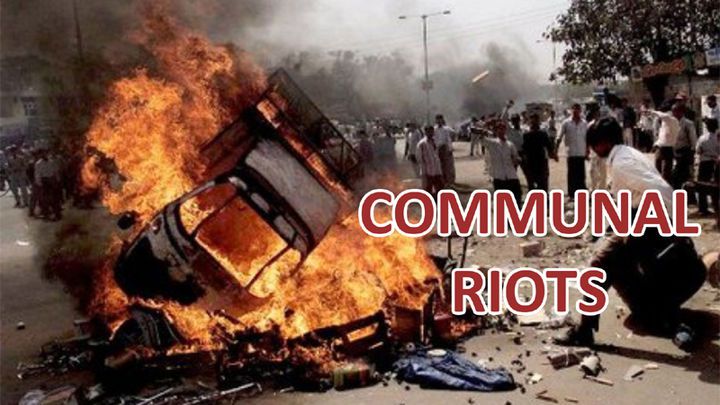
Bhagwat said he wasn’t sure if an ordinance on Ram temple could be promulgated as he is not a part of the government, but indicated he didn’t oppose such a move. He said it needed to be studied whether an ordinance can be issued and legal challenges to it will have to be looked into.
Responding to a question he tacitly admitted that RSS was a Brahmin-dominated organisation, Bhagwat said the character of the Sangh was changing, and people from all caste groups were finding representation at the zonal level, and this change would soon reflect at the national level.
The RSS chief called for an education policy based on the Indian value system and imparting education in mother tongue that is the principle stand of the Dravidan parties in tamilnadu
He said there has been an increased acceptance of Hindutva the world over, but anger against Hindutva emanated in India primarily because it became orthodox, and there was a need to reform the concept.
On the Sangh’s proximity with the BJP, Bhagwat said the RSS would be willing to send its workers to other parties, but none apart from BJP has ever requested. He said the RSS supported policies, not any particular party.
On the Sangh’s belief in ‘swadeshi’, Bhagwat said it was based on the principle that all goods should be manufactured in the country, and imported only if the technology isn’t available here. The RSS chief said he recognised limitations of this policy if the exchequer didn’t have money.
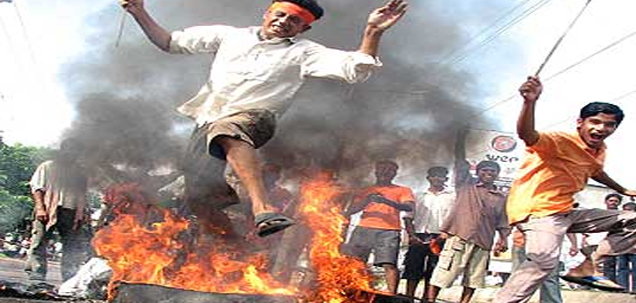
Then coming the burning issue where the Veterinary Sciences and Animal Husbandry degree holder Mohan Bhagwat on Wednesday try to distance the RSS from former Sangh chief, M S Golwalkar’s views on Muslims
The second RSS chief, Golwalkar had expressed these views in his book, ‘Bunch of Thoughts’ and had identified Muslims, along with Christians and Communists, as enemies of the Hindu Rashtra.
Answering diplomatically Bhagwat said, the RSS’ views are not static; they change with circumstances. He added that the thoughts expressed in ‘Bunch of Thoughts’ had a context and the context has changed now
Replying to a question regarding Muslims fearing the Sangh, Bhagwat said RSS disagrees with the use of the term ‘minority’, which the British introduced. He said Muslims would change their opinion of the RSS if they were to study the Sangh more closely, and they were the children of this land as their forefathers were Hindu.
Surprisingly no hard questions put across and not only questioners failed to ask RSS views on former HAF chief admission of his institution capacity to do Rafale flights in india but also why RSS has been censured and what amendment it has taken for its involvement in various communal riots more particularly Jitendra Narayan Commission that probed 1979 Jamshedpur riots .
In that riot 108 people were to lose their lives. Thousands of houses were looted. Muslims living in company quarters and predominantly Hindu areas were especially vulnerable to violence.
A quick look on Jitendra Narayan Commission report on Jamshedpur riots of 1979 that says ” After giving careful and serious consideration to all the materials that are on record,the Commission is of the view that the RSS with its extensive organisation in Jamshedpur and which had close links with the Bharatiya Janata Party and the Bharatiya Mazdoor Sangh had a positive hand in creating a climate which was most propitious for the outbreak of communal disturbances.
In the first instance, the speech of Shri Deoras (delivered just five days before the Ram Navami festival) tended to encourage the Hindu extremists to be unyielding in their demands regarding Road No. 14. Secondly, his speech amounted to communal propaganda. Thirdly, the shakhas and the camps that were held during the divisional conference presented a militant atmosphere to the Hindu public. In the circumstances, the commission cannot but hold the RSS responsible for creating a climate for the disturbances that took place on the 11th of April, 1979
Timeline acts dwelled in past can be made one memory fades and forget but does the crossing lines in zebra can be changed instantly is a point to ponder ..

